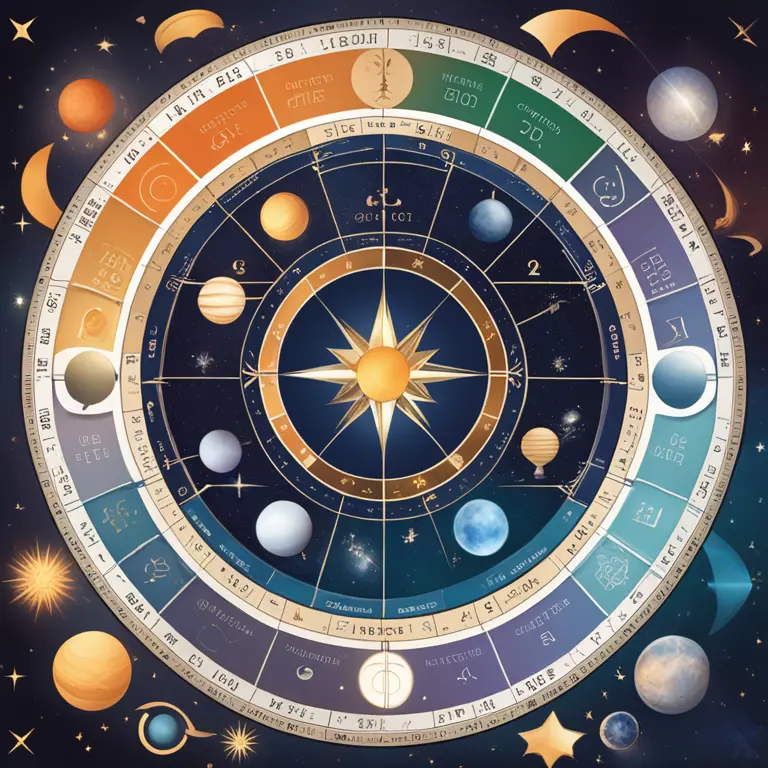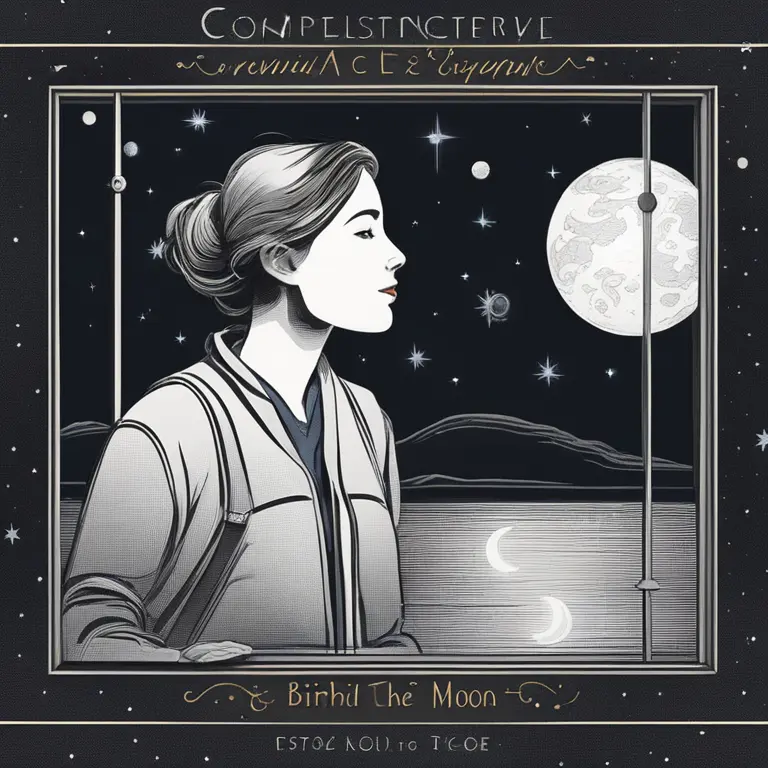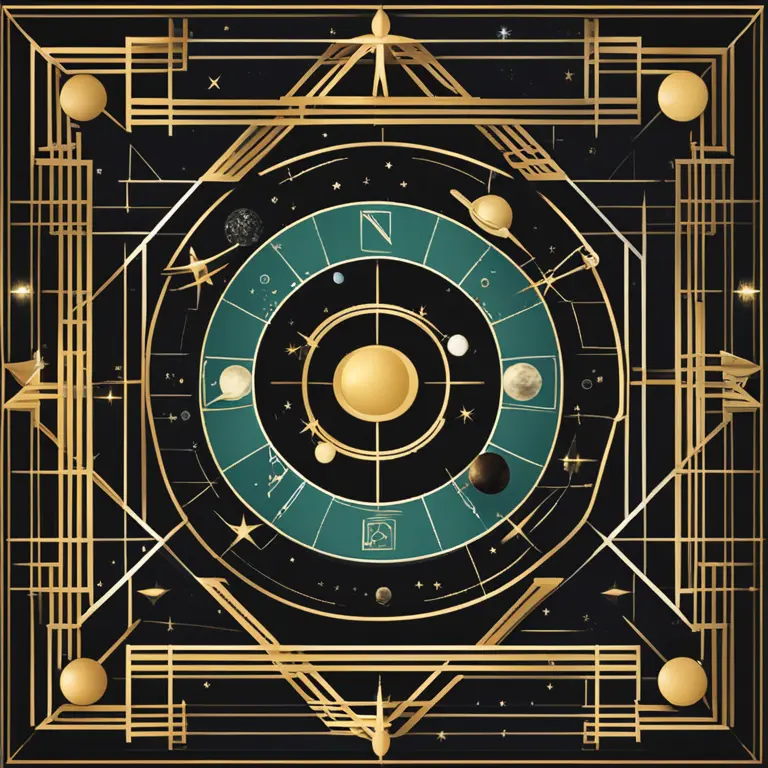
The Future In Your Birth Chart: Fact or Fancy?
Delve into the predictive powers of birth charts and discover whether astrology can offer insights into our future.
article by Priya Deshmukh
Introduction to Birth Charts
Astrology has been a conduit of mystery and intrigue for millennia, capturing human imagination with its provocative claim of celestial influence on earthly lives. A birth chart, also known as a natal chart, is a snapshot of the heavens at the moment of one’s birth, encapsulating the positions of the sun, moon, and planets overhead. Astrologers interpret these astronomical placements to discern personality traits, life challenges, and opportunities. But a persistent question looms: Can a birth chart genuinely predict future happenings?

How Birth Charts Are Used
Within the esoteric circles of astrology, a birth chart is not merely a cosmic passport but an introspective tool. It lays out the astrological houses, zodiac signs, and planetary aspects unique to the individual. Astrologers reason that by understanding the dynamics between these elements, they can anticipate trends and transitions in a person's life. Yet, is this foresight deterministic or merely suggestive?

Astrology's Viewpoint
Astrologers often postulate that while stars may predispose, they do not compel. A birth chart is not a crystal ball, but rather a nuanced map of potentials. It may highlight auspicious times for love, career advancements, or personal growth. Transits and progressions, which track the moving planets as they relate to the static natal chart, are particularly favoured for forecasting. However, the astrological community emphasizes free will and personal agency within the cosmic framework.

Scientific Scrutiny
Skepticism abounds in scientific spheres, where the empirical investigation reigns supreme. Critics argue that astrology lacks the methodological rigor to substantiate its predictive claims. Numerous studies have attempted to validate astrological forecasts, often resulting in inconclusive or negative outcomes. As of 2024, a scientific consensus remains elusive, and astrology is generally categorized as a pseudoscience by the mainstream scientific community. Yet, its appeal and practice continue unaffected by the skepticism.

Personal Anecdotes and Experiences
Astrological predictions often fuel personal testimonies of startling accuracy. Individuals recount tales of predictions that have materialized, lending anecdotal credence to the assertion that birth charts can foreshadow future events. While such accounts are compelling, they simultaneously fall prey to cognitive biases like confirmation bias, where one remembers the hits and dismisses the misses. Thus, the reliability of these testimonials is subject to personal interpretation.
The Psychological Perspective
Interestingly, beyond the galaxy of stars and planets, astrology may exert significant psychological effects. The Forer effect, or the tendency of individuals to ascribe personal accuracy to vague and general statements that could apply to many people, plays a central role in astrology's allure. Astrology can also foster self-reflection and create a narrative to help cope with life's uncertainties. These psychological benefits, while noteworthy, do not directly validate astrology as a predictive tool.
Final Considerations
Whether birth charts can predict the future continues to spark debate. In 2024 and beyond, it stands as a personal belief, often reliant on subjective experiences and the faith placed in astrological interpretations. The potential value of astrology may lie not in its ability to foresee the future but in its capacity to provide a meaningful personal narrative, prompting introspection and self-discovery.
Published: 1/22/2024
Modified: 1/22/2024
More predictions
Come back here soon to learn more about yourself and your future


The Essence Of Moon Phases
Delve into the essence of lunar phases, how they affect us, and their significance in astrology with a clear and concise guide to the moon's journey.


Exploring Moon Phases & Couple Dynamics
Discover how moon phases can influence relationships and romantic connections, offering insight for stronger bonds between couples.


The Lunar Phases of the Moon Explained
Learn how the moon's phases affect us on Earth and influence astrological interpretations through their celestial dance.